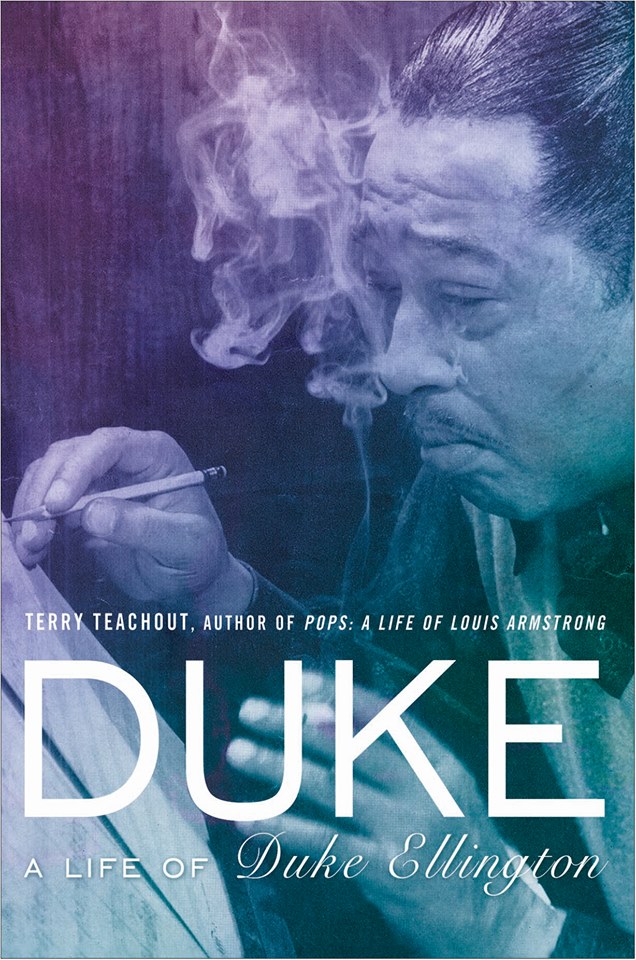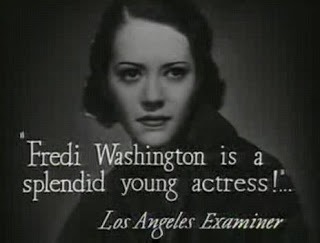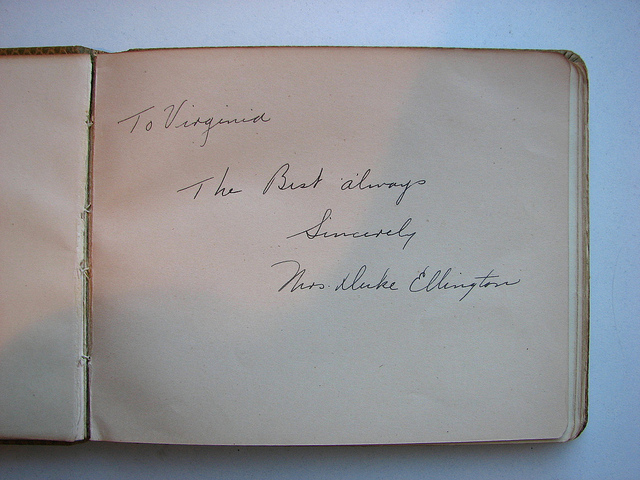 In 2010 Mrs. T and I moved to Hudson Heights, the highest natural point on the island of Manhattan. To get there from Washington Heights, you have to ascend a steep staircase, and in the spring of 2011 I incorporated it into my daily walk. Nothing could possibly have been better for a middle-aged man of decidedly sedentary habits. Alas, the winter just past was so miserable and prolonged that I fell off the wagon and gave up walking altogether. Today, though, spring returned to New York with so decisive a splash of sunshine that I put on my walking shoes and hit the road again.
In 2010 Mrs. T and I moved to Hudson Heights, the highest natural point on the island of Manhattan. To get there from Washington Heights, you have to ascend a steep staircase, and in the spring of 2011 I incorporated it into my daily walk. Nothing could possibly have been better for a middle-aged man of decidedly sedentary habits. Alas, the winter just past was so miserable and prolonged that I fell off the wagon and gave up walking altogether. Today, though, spring returned to New York with so decisive a splash of sunshine that I put on my walking shoes and hit the road again.
I snapped this picture as I stood at the foot of the staircase, preparing to bite the bullet. You’ll note the presence of an ambulance from our neighborhood hospital. It wasn’t there for me, nor did I need it when I got to the top of the stairs, but it did serve as a pointed reminder of why I walk.
No, it wasn’t easy for me to slog up those one hundred and twenty-eight steps after so long a layoff. Nevertheless, I did it–and I plan to do it again tomorrow.
* * *
The Ahmad Jamal Trio plays “Spring Is Here” in 1955:
Archives for May 21, 2013
TT: The face of Duke
 Emily Wunderlich of Gotham Books just sent me the final version of the front cover of Duke: A Life of Duke Ellington. I posted an earlier version a couple of months ago, but the new image is the real thing: Duke will look like this when you see it in bookstores in October.
Emily Wunderlich of Gotham Books just sent me the final version of the front cover of Duke: A Life of Duke Ellington. I posted an earlier version a couple of months ago, but the new image is the real thing: Duke will look like this when you see it in bookstores in October.
It was Steven Lasker, the great Ellington scholar-collector, who first showed me this rarely reproduced image and suggested that it would make an ideal cover for Duke, not only because it’s so visually striking but because it shows the scar on Ellington’s left cheek more clearly than any other photograph I know. Ellington acquired that scar in 1929, not long before he made his sound-film debut in Black and Tan, and in Duke I explain how he got it.
Here’s the story, straight from the as-yet-unpublished pages of Duke. It is, if I do say so myself, quite a tale.
* * *
Black and Tan marked–literally–a transition in Ellington’s private life. From 1929 on his left cheek bore a prominent crescent-shaped scar that is easily visible in the film’s last scene (and in the photograph reproduced on the cover of this book). Though rarely mentioned by journalists, it made fans curious enough that he felt obliged to “explain” its presence in Music Is My Mistress, his autobiography:
I have four stories about it, and it depends on which you like the best. One is a taxicab accident; another is that I slipped and fell on a broken bottle; then there is a jealous woman; and last is Old Heidelberg, where they used to stand toe to toe with a saber in each hand, and slash away. The first man to step back lost the contest, no matter how many times he’d sliced the other. Take your pick.
None of Ellington’s friends and colleagues was in doubt about which one to pick. In Irving Mills’s words, “Women was one of the highlights in his life. He had to have women….He always had a woman, always kept a woman here, kept a woman there, always had somebody.” Most men who treat women that way are destined to suffer at their hands sooner or later, if not necessarily in so sensational a fashion as Ellington, whose wife attacked him with a razor when she found out that he was sleeping with another woman.
 Who was she? All signs point to Fredi Washington. The costar of Black and Tan had launched her theatrical career in 1922 as a dancer in the chorus of the original production of Eubie Blake’s Shuffle Along. Sonny Greer later described her as “the most beautiful woman” he had ever seen. “She had gorgeous skin, perfect features, green eyes, and a great figure. When she smiled, that was it!” Washington was light enough to pass for white but adamantly refused to do so, a decision that made it impossible for her to establish herself in Hollywood, though she appeared with Paul Robeson in Dudley Murphy’s 1933 film of Eugene O’Neill’s The Emperor Jones (for which her skin was darkened with makeup) and starred in Imitation of Life, a 1934 tearjerker in which she played, with mortifying predictability, a light-skinned black who passed for white.
Who was she? All signs point to Fredi Washington. The costar of Black and Tan had launched her theatrical career in 1922 as a dancer in the chorus of the original production of Eubie Blake’s Shuffle Along. Sonny Greer later described her as “the most beautiful woman” he had ever seen. “She had gorgeous skin, perfect features, green eyes, and a great figure. When she smiled, that was it!” Washington was light enough to pass for white but adamantly refused to do so, a decision that made it impossible for her to establish herself in Hollywood, though she appeared with Paul Robeson in Dudley Murphy’s 1933 film of Eugene O’Neill’s The Emperor Jones (for which her skin was darkened with makeup) and starred in Imitation of Life, a 1934 tearjerker in which she played, with mortifying predictability, a light-skinned black who passed for white.
Ellington never spoke on the record about their romantic involvement, but Washington later admitted to the film historian Donald Bogle that she and Ellington had been lovers: “I just had to accept that he wasn’t going to marry me. But I wasn’t going to be his mistress.” Their relationship was widely known at the time in the entertainment world, enough so that Mercer Ellington could write in his 1979 memoir of “a torrid love affair Pop had with a very talented and beautiful woman, an actress. I think this was a genuine romance, that there was love on both sides, and that it amounted to one of the most serious relationships of his life.”
 Edna, Ellington’s wife, was no more forthcoming than Duke, saying only that she was “hurt, bad hurt when the breakup came” and referring to the affair in an interview published in Ebony in 1959 with an obliqueness worthy of her wayward husband: “Ellington thought I should have been more understanding of him….Any young girl who plans to marry a man in public life–a man who belongs to the public–should try to understand as much about the demands of show business first and not be like I was.” In point of fact, though, her lack of “understanding” extended to slashing her husband’s face. That she did so is certain, but nothing else is definitely known about the assault. “Something happened between [Ellington] and his wife and he’s been terrible with women ever since,” Lawrence Brown said. “I mean, like he’s always trying to make somebody’s wife, because somebody made his wife and they got in such a fight, that slash he has on the side of his face, she cut him while he was sleeping, with a razor.”
Edna, Ellington’s wife, was no more forthcoming than Duke, saying only that she was “hurt, bad hurt when the breakup came” and referring to the affair in an interview published in Ebony in 1959 with an obliqueness worthy of her wayward husband: “Ellington thought I should have been more understanding of him….Any young girl who plans to marry a man in public life–a man who belongs to the public–should try to understand as much about the demands of show business first and not be like I was.” In point of fact, though, her lack of “understanding” extended to slashing her husband’s face. That she did so is certain, but nothing else is definitely known about the assault. “Something happened between [Ellington] and his wife and he’s been terrible with women ever since,” Lawrence Brown said. “I mean, like he’s always trying to make somebody’s wife, because somebody made his wife and they got in such a fight, that slash he has on the side of his face, she cut him while he was sleeping, with a razor.”
Brown was a presumptively biased witness, since he later married Fredi, becoming one of a number of Ellington sidemen (five, Mercer claimed) who took up with their boss’s ex-girlfriends at one time or another. But Barney Bigard also testified that the Ellingtons were mutually unfaithful, describing Edna’s boyfriend as “quite a figure in the music world.” Regarding the act itself, an unnamed “close friend” of Ellington told a biographer that Edna had vowed to “spoil those pretty looks” before cutting him, a secondhand account that is obviously unverifiable but nonetheless sounds believable….
TT: Lookback
From 2005:
Somewhere along the way, I muttered the all-too-familiar mantra of the busy New Yorker returned from a brief visit to elsewhere: It isn’t worth it. You might as well stay home. Only I knew better. Even when you leave town on business, as I did this past weekend, at least you’re somewhere else. No, it’s not a vacation, but it’s different, a stick of dynamite that blasts you out of your accustomed ways of doing things. Instead of dining on the Upper West Side and hailing a cab at exactly 7:20, I visit unfamiliar restaurants, sleep in unfamiliar beds, see actors I’ve never seen before, meet and greet new faces. I come home refreshed and inspired…and then I sit down at the kitchen table and start tearing open envelopes.
Read the whole thing here.
TT: Almanac
“I saw a tall man, evidently an Englishman, come in with a young rough. He had the long, washed-out face with thinning wavy hair of the British intellectual and evidently suffered from the delusion common to many that when you are abroad no one you know at home can possibly recognize you.”
Somerset Maugham, The Razor’s Edge
